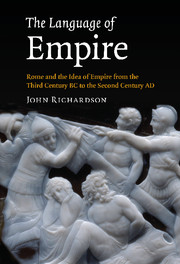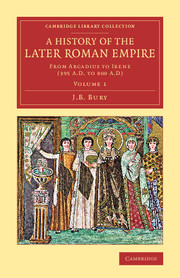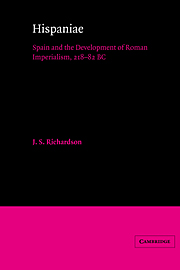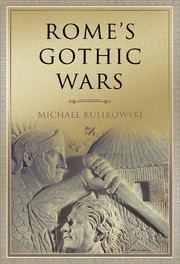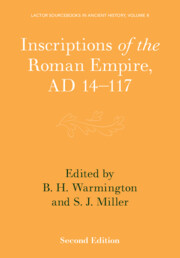The Language of Empire
The Roman Empire has been an object of fascination for the past two millennia, and the story of how a small city in central Italy came to dominate the whole of the Mediterranean basin, most of modern Europe and the lands of Asia Minor and the Middle East, has often been told. It has provided the model for European empires from Charlemagne to Queen Victoria and beyond, and is still the basis of comparison for investigators of modern imperialisms. By an exhaustive investigation of the changing meanings of certain key words and their use in the substantial remains of Roman writings and in the structures of Roman political life, this book seeks to discover what the Romans themselves thought about their imperial power in the centuries in which they conquered the known world and formed the empire of the first and second centuries AD.
- Investigates exhaustively the key words imperium and provincia in Latin literature and official Roman documents
- Compares and contrasts ideas of empire from different societies
- Provides a fresh and methodologically different exposition of changing Roman mentalities towards imperial expansion
Product details
January 2009Hardback
9780521815017
232 pages
234 × 160 × 15 mm
0.5kg
Available
Table of Contents
- Preface
- 1. Ideas of empire
- 2. The beginnings: Hannibal to Sulla
- 3. Cicero's empire: imperium populi Romani
- 4. The Augustan empire: imperium romanum
- 5. After Augustus
- 6. Conclusion: Imperial presuppositions and patterns of empire
- Appendix 1. Cicero analysis
- Appendix 2. Livy
- Appendix 3. Imperium and provincia in legal writers
- Bibliography
- Index.

